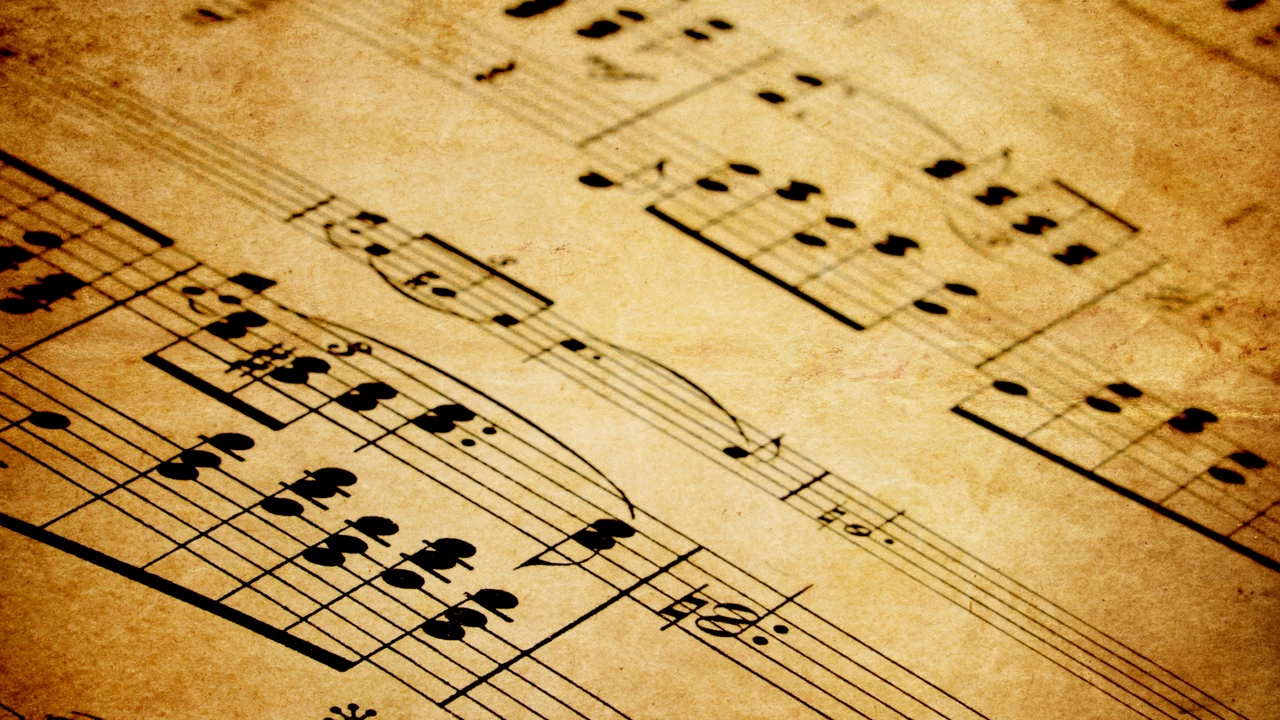Is sheet music still relevant?

Understanding the Value of Sheet Music
For centuries, sheet music has been the primary medium for musicians to communicate and share their art. It is a universal language that transcends borders and cultures, serving as a bridge for musical exchange. Despite the advent of advanced technology and digital tools, sheet music remains an essential part of the musical landscape. It is not only a tool for learning and playing music but also an art form that captures the essence of musical compositions.
The Evolution of Music Learning Platforms
Today, we have a myriad of digital platforms offering music tutorials, online lessons, and even virtual reality experiences. These platforms allow for flexibility and customization, catering to the individual learning pace and style of each user. They also provide instant feedback, which can significantly speed up the learning process. However, these platforms cannot replace the depth and breadth of knowledge that comes from studying sheet music.
Sheet Music vs. Digital Learning Tools
While digital learning tools offer convenience and instant gratification, they often lack the depth and nuance that sheet music provides. Sheet music teaches musicians not only how to play a composition but also gives them an understanding of the structure and theory behind it. This knowledge is critical for any musician aspiring to compose, arrange, or improvise music. It's like learning to read instead of relying solely on audiobooks; the depth of understanding is simply incomparable.
Sheet Music and Music Theory
Understanding music theory is paramount to becoming a well-rounded musician. It provides the foundation for everything from composing and arranging to understanding the intricacies of different music genres. And there is no better way to learn music theory than through the study of sheet music. It provides a visual representation of musical concepts, making them easier to understand and apply.
Sheet Music as a Necessity for Professional Musicians
For professional musicians, sheet music is not just a learning tool; it's a necessity. From orchestras to session musicians, the ability to read and interpret sheet music is a fundamental skill. It allows musicians to communicate their ideas effectively and collaborate with others, regardless of their musical background or language. Without sheet music, the world of music would be chaotic and uncoordinated.
The Role of Sheet Music in Preservation
Sheet music also plays a vital role in preserving musical heritage. It is the most reliable way to pass down compositions from generation to generation accurately. Without sheet music, we would lose a significant part of our musical history, as the nuances and subtleties of compositions could get lost or misinterpreted over time.
Sheet Music in Education
In music education, sheet music is an invaluable resource. It helps students understand musical concepts, develop technical skills, and cultivate an appreciation for different music styles. Without sheet music, music education would be far less comprehensive and effective.
The Beauty of Sheet Music
Finally, let's not forget the sheer beauty of sheet music. It is a work of art in its own right, with each note and symbol contributing to a larger, harmonious whole. There is something inherently satisfying and beautiful about seeing a piece of music laid out in notation, like a map to a treasure trove of sound.
Conclusion: The Relevance of Sheet Music Today
So, is sheet music still relevant? Absolutely. Despite the proliferation of digital learning tools, sheet music remains an integral part of the music world. It is essential for understanding music theory, necessary for professional musicians, invaluable in music education, and instrumental in preserving our musical heritage. And let's not forget, it's a beautiful art form in itself. So let's continue to celebrate and appreciate the timeless relevance of sheet music.